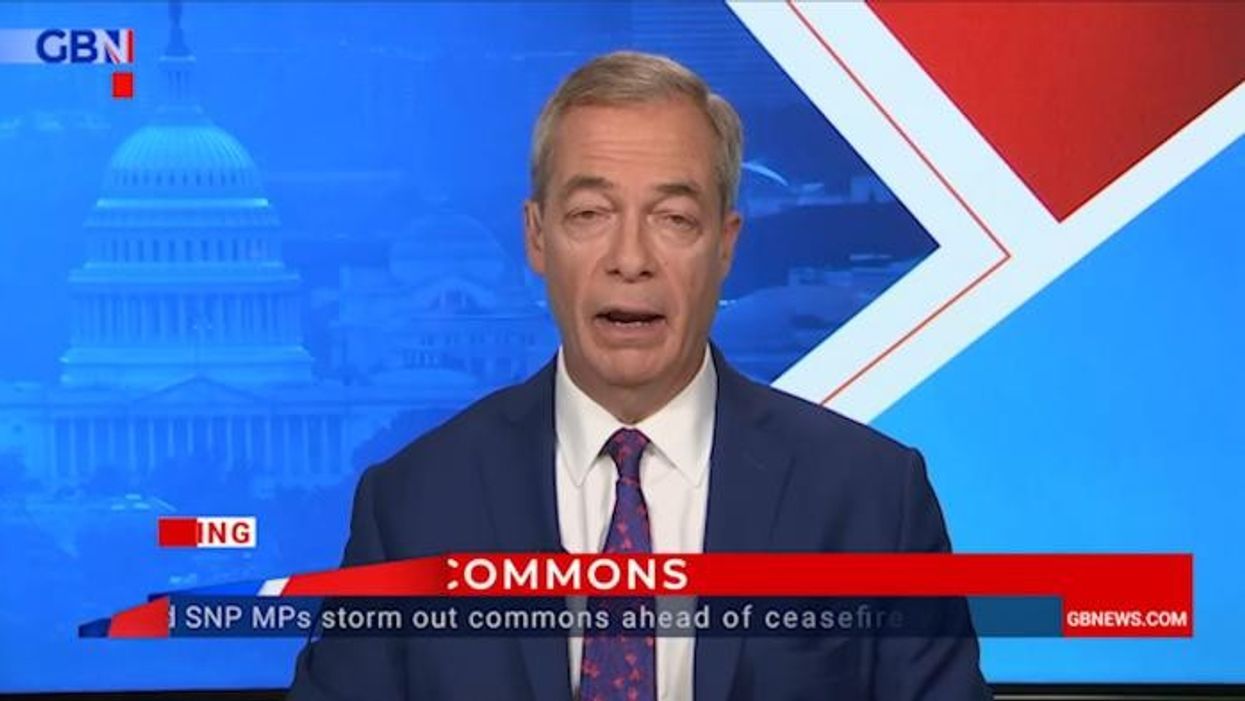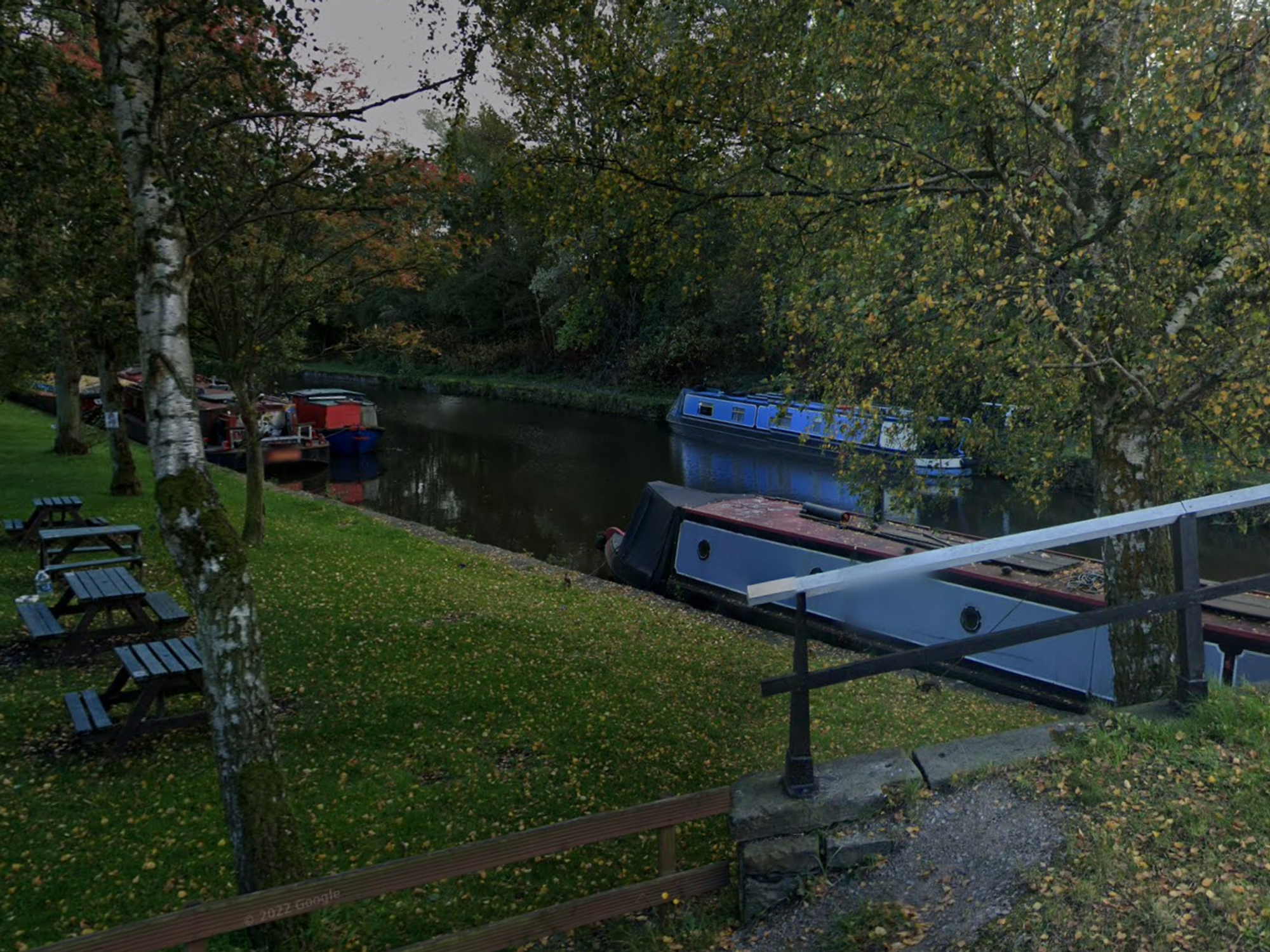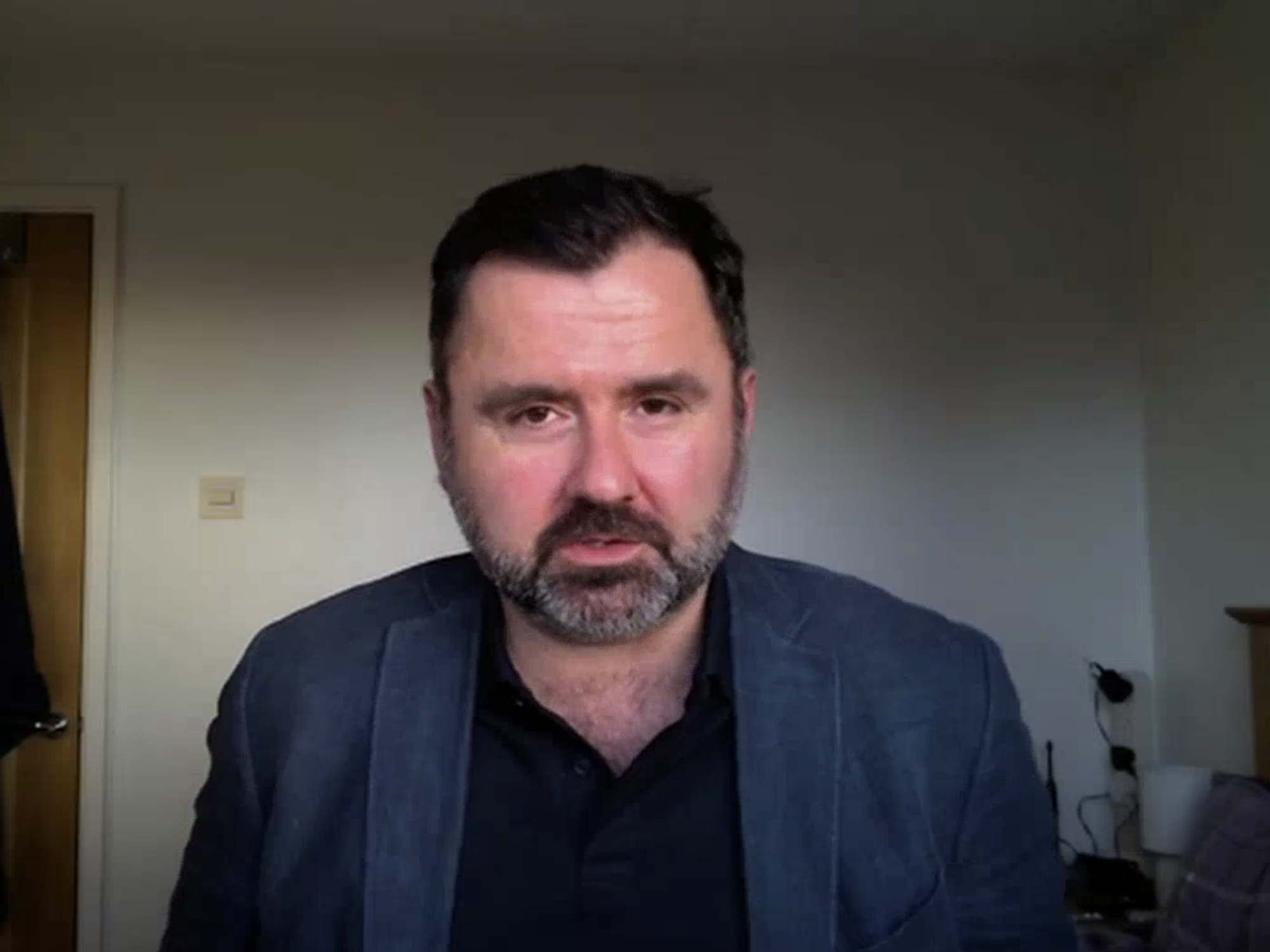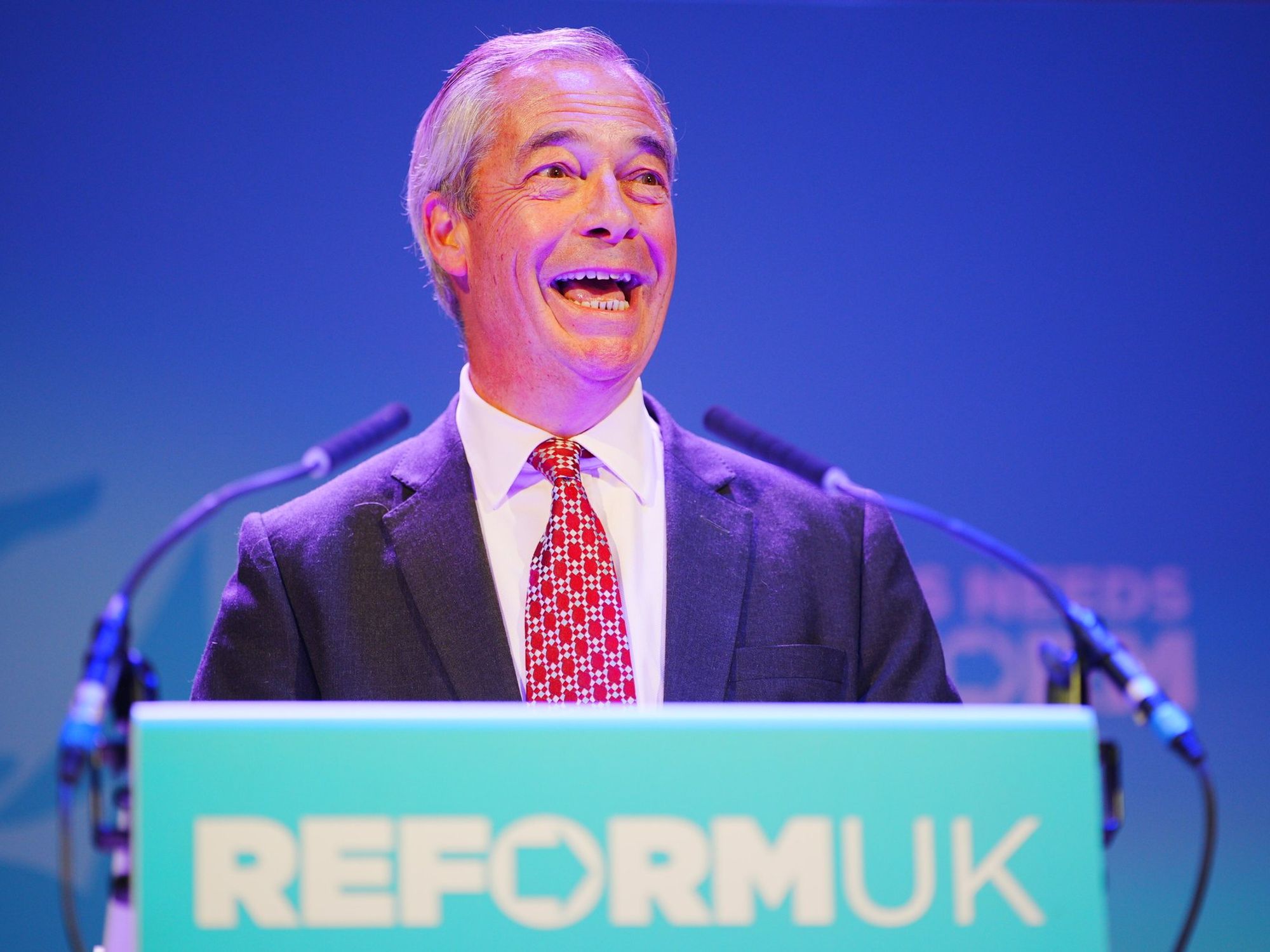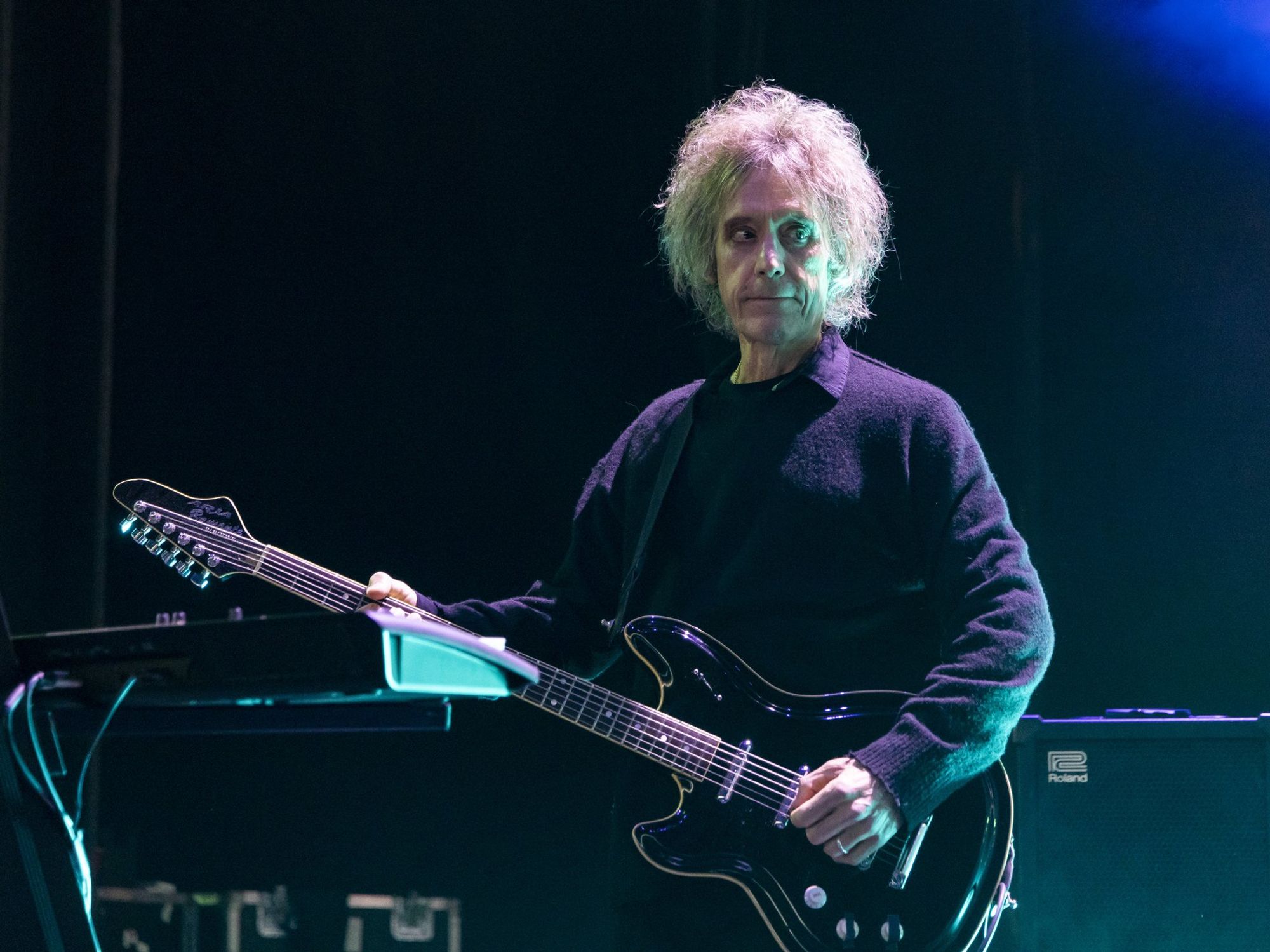Britain is well balanced to deal with threats in the Middle East and our measurement of success is when nothing happens, says Philip Ingram
The Former Colonel in British Military Intelligence and Nato Planner claims that Israel can deal with and all current Hamas and Hezbollah threats by itself
Don't Miss
Most Read
Hamas is a late 1980’s spin-off of the Palestinian branch of the Muslim Brotherhood. It took over responsibility for the Gaza Strip after defeating its political rival, Fatah, in elections in 2006.
In what became known as the Battle of Gaza, Hamas and Fatah fought between June 10 and 15, 2007 over control of Gaza, Fatah losing, and the Palestinian territories of the West bank and Gaza being controlled by two different and opposing groups.
Since its formation, Hamas has received and continues to receive significant financial and other support from Iran.
The Palestinian author-turned-legislator Ziad Abu-Amr wrote that Iran “provides logistical support to Hamas and military training to its members.”
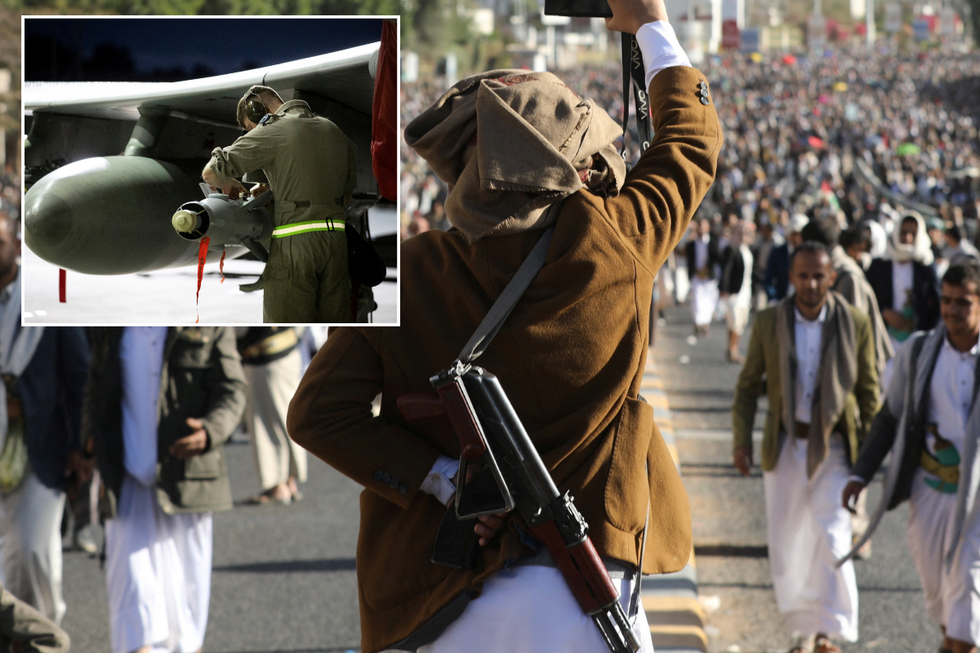
Philip Ingram believes Britain is well balanced to deal with threats in the Middle East
|Reuters
He estimated Iranian assistance to Hamas “at tens of millions of dollars,” and that was in 1997, since then it has grown significantly.
According to a 2010 US Department of Defense report on Iran’s military power, Iran provided several Palestinian terrorist groups including Hamas, “with funding, weapons, and training to oppose Israel and disrupt the Middle East Peace Process.”
This support has continued, and military materiel and training has been provided through the Iranian Revolutionary Guards (IRGC) Quods Force.
Hamas is designated as a terrorist organisation by the US, UK and the EU as well as many other countries across the globe.
The Quods force are behind supporting groups across the Middle East including those in Iraq, Syria and of course the Houthis in Yemen.
The main group on Israel’s borders supported by Iran remains Hezbollah, and they believe that the solution to the region is the destruction of Israel and the creation of an Islamic Caliphate with Tehran and the Grand Ayatollah at its core.
That same goal is loosely what many other Iranian backed groups across the Middle East aspire to.
The reality is all of the conflicts across the Middle East can be distilled to an ongoing civil war between the Sunni and Shia branches of the Islamic faith, being fought out by proxy forces in different artificially created Countries.
LATEST DEVELOPMENTS:
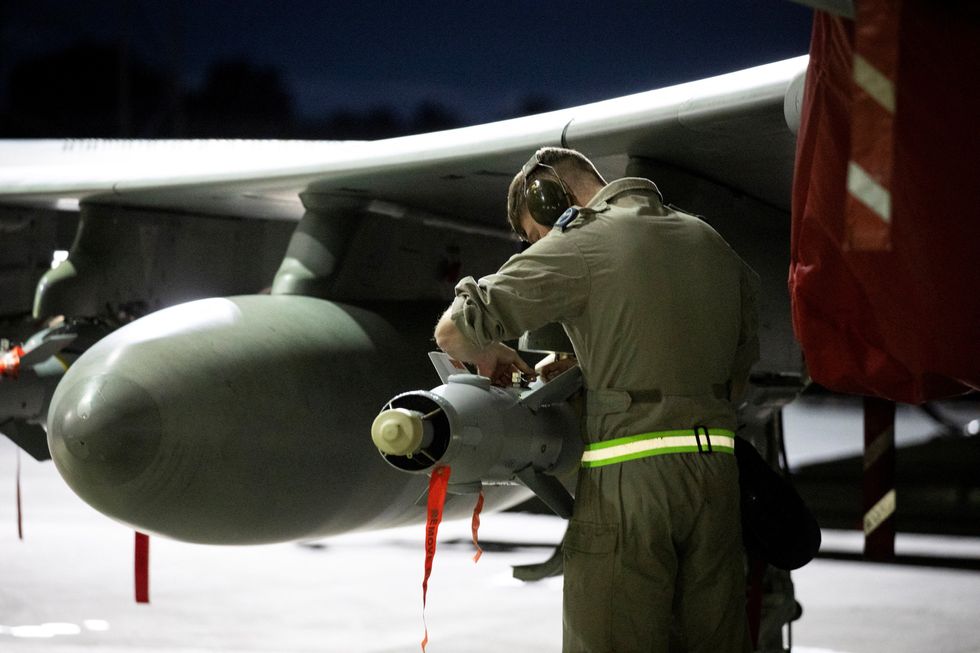
RAF Akrotiri in Cyprus keeps UK air power within striking distance of all the threats
|Reuters
The two main sides are Iran and Saudi Arabia, but this civil war has been going on for centuries.
In Gaza, Hamas has integrated its military structures through and under civilian infrastructure making hospitals, mosques, shopping markets, residential buildings an integral part of its wider military operational and defensive structure, utilising the population of Gaza as human shields.
This is why, what is an extremely difficult terrain to operate cross militarily, has become exceptionally challenging for the Israeli forces.
Hamas is as much an ideology as it is a political or fighting forces and defeating it through purely military means is just not practical.
Hamas is not isolated to Gaza and according to Sir William Shawcross, the UK’s Independent Reviewer of Prevent, part of the Counter Terror Strategy, “has a global support network.”
It is that “support network” that is infiltrating many of the pro-Palestinian protests happening in London and elsewhere and it is only a matter of time before their influence turns to terror.
However, our Security Services and Counter Terror Police have a good handle on challenging threats.
They have stopped 39 late-stage terror attacks since 2017 and have over 3,000 people under active investigation in 900 investigations today.
We must remember that the measurement of success for our intelligence and counter terror forces is, nothing happens.
Militarily the UK is well balanced to deal with the threats in the Middle East.
Our ‘permanent aircraft carrier’ of RAF Akrotiri in Cyprus keeps UK air power within striking distance of all the threats, including the Houthis in Yemen, whilst providing support for allied air power.
Our two warships in the Red Sea, part of a 12 country international coalition continue to contribute to regional safety and there is currently little threat of the conflict expanding.
Israel can deal with and all current Hamas and Hezbollah threats by itself. Iran is not in a position to expand the conflict, yet.
However, UK readiness for wider global threats is less certain. Ukraine has found our defence industrial base, the bit that manufactures ammunition, spares for tanks and aircraft and military equipment and materiel, wanting.
We are still one of only a couple of nations able to “power project” sending naval forces, air power and ground forces anywhere in the world, but what we can deliver, especially with the Army is increasingly pitiful.
For the first time in over 40 years of geopolitical engagement, I can see several paths to a major global conflict.
Our policy of deterrence has failed and we must change to a position of active defence before it is too late. That means more tanks, a bigger Army and more ships and aircraft.


